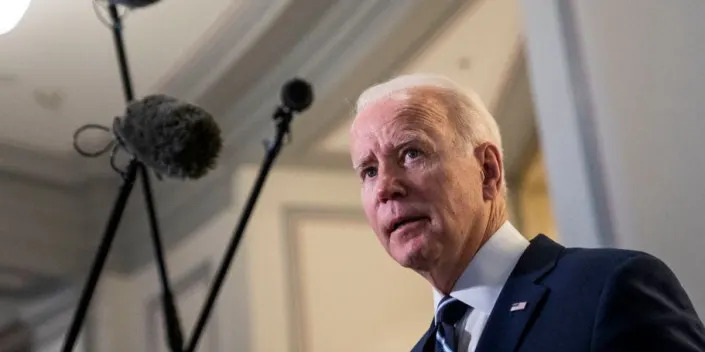‘I have been hard on staff’: WHO Asia chief accused of abuse and racism, secretly sharing data with Japan

Carl Samson
Fri, January 28, 2022
More than 30 current and former World Health Organization officials reportedly came together to accuse Dr. Kasai Takeshi, director of the Western Pacific arm, of abusive and racist behavior toward staff members.
The agency’s Western Pacific region, headquartered in the Philippine capital of Manila, covers nearly 1.9 billion people across 37 countries and territories.
These include the American Samoa, Australia, Brunei, Cambodia, China, Cook Islands, Fiji, French Polynesia, Guam, Hong Kong, Japan, Kiribati, Laos, Macao, Malaysia, Marshall Islands, Micronesia, Mongolia, Nauru, New Caledonia, New Zealand, Niue, Northern Mariana Islands, Palau, Papua New Guinea, Pitcairn, Samoa, Singapore, Solomon Islands, South Korea, Tokelau, Tonga, Tuvalu, Vanuatu, Vietnam, Wallis and Futuna.
The allegations
In an internal complaint filed in October of last year, staffers reportedly accused Takeshi of making racially-charged remarks toward Filipinos, as well as improperly sharing potentially sensitive COVID-19 data with Japan.
The complaint, which was obtained by the Associated Press, describes a coronavirus meeting in which Kasai allegedly demanded of a Filipino staffer, “How many people in the Pacific have you killed so far, and how many more do you want to kill further?”
Kasai then allegedly asked if she was “incapable of delivering good presentations, because she was a Filipina.”
The email containing the allegations was reportedly co-written by over 30 current and former officials. In it, they accused Kasai of blaming COVID-19 surges in some Pacific countries for their “lack of capacity due to their inferior culture, race and socioeconomic level.”
Kasai was also accused of abusing his power by sharing data to aid Japan — his home country — in vaccination planning.
According to the AP, a WHO vaccinations scientist working in Asia said Kasai helped Japan gain political advantage by informing its decisions on which countries it donated vaccines to.
 |
| CROCODILE TEARS |
Kasai’s response
Kasai has been the Western Pacific’s director since February 2019, according to AFP. Prior to his appointment, he served as the region’s No. 2, having worked more than 15 years with the WHO.
Kasai has denied the allegations in a statement in which he claimed that he has been asking “a lot” of himself and the staff amid the pandemic, but “it should not result in people feeling disrespected.”
The director also rejected claims about him being racist: “It is true that I have been hard on staff, but I reject the suggestion that I have targeted staff of any particular nationality,” he explained.
As for the data sharing claim, he responded, “At no time have I pressured staff to facilitate donations from Japan rather than COVAX.”
The WHO’s main headquarters in Geneva is reportedly aware of the allegations and is taking steps to follow up with an investigation.
Simon Manley, the U.K.’s Permanent Representative, stressed that there is “no place” for racism or discrimination in the WHO or any of their partners.
“We expect the WHO to investigate robustly all allegations of misconduct and to provide support to those affected. We will therefore monitor closely WHO’s response to these reports and continue to hold it to the highest ethical standards,” Manley said, according to AFP.
Kasai, for his part, said he is “ready to cooperate fully” with the investigation; however, the AP also reported seeing an internal WHO message that showed Kasai ordering all his senior directors to “reject” the allegations and to “totally support” him.












